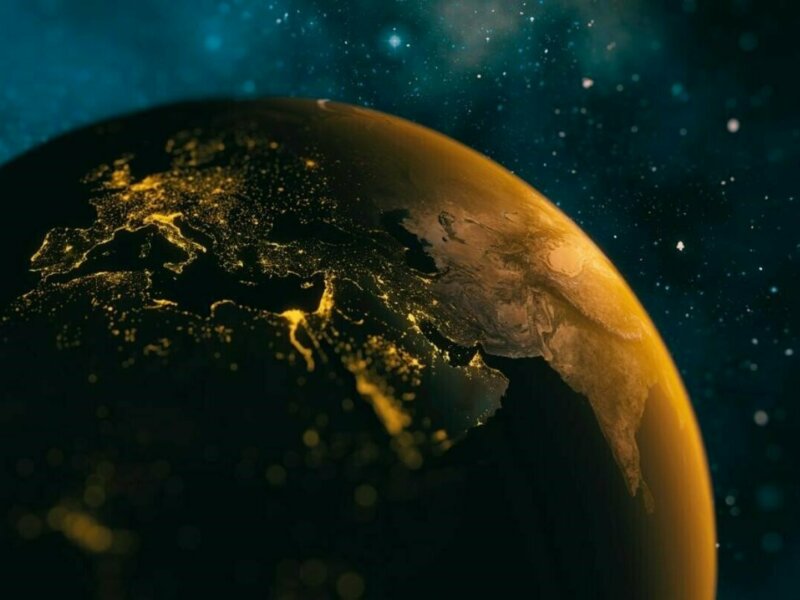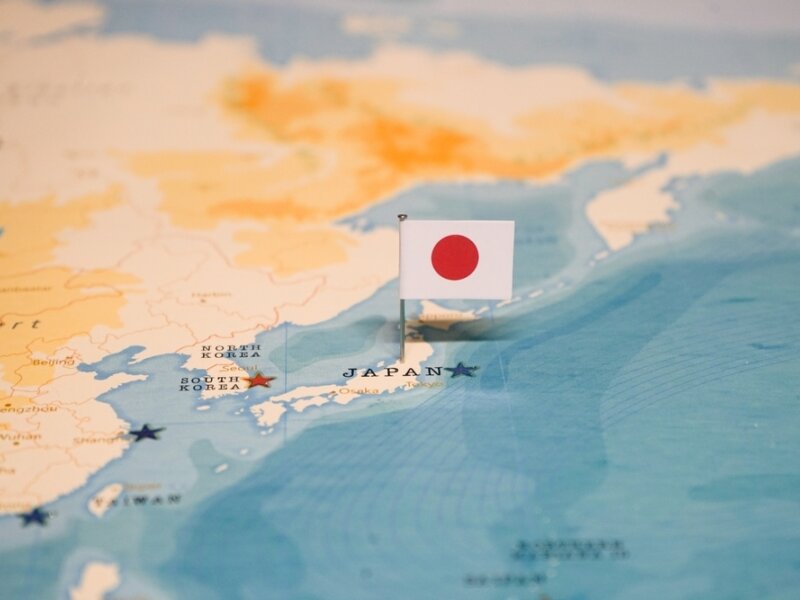Moroccan general elections: an outcome of regional significance
Poll results in Morocco may mark a very important political twist in the Kingdom – and across the region

As the Italian Ambassy in Rabat was prompt to stress in the wake of the Moroccan general elections on 8 September, the exercise of democracy is always a reason for pride.
Election results were both expected and remarkable. The Islamist Justice and Development Party (or PJD), which had been in power from 2011 to 2021, obtained only 12 seats in parliament – compared to 125 in the previous elections. Outgoing prime minister El Othmani did not even manage to win a seat.
Often, in cases such as this, the focus is more on the fall of the defeated than on the success of the winners. The latter, however, deserve credit for presenting themselves to Moroccan voters as a more credible alternative. The liberal National Rally of Independents (RNI) obtained the best result, with 97 seats, closely followed by the Authenticity and Modernity Party (PAM) with 82. The future governing coalition will be composed by these two political forces, in line with the new electoral law, passed in March with the intent to avoid single-party dominance.
A key factor of the success of opposition parties was the role played by RNI president Aziz Akhannouch, a charismatic business tycoon with excellent ties with the royal court, whose electoral slogan was “You deserves better”. Moroccans clearly agreed with him and perceived his political project not as an alternative to the Islamists, but rather as a solution to improve their living conditions. Under his guidance, over the past five years, the RNI spread throughout the country and managed to bring to the polls over 50 percent of registered voters, even in the midst of the COVID-19 pandemic which, like in the rest of Northern Africa, continues unabated, also due to low vaccination rates.
The significance of these electoral results is not limited to Morocco as they send a message to the whole region. In certain delicate contexts, political elections can support governments in avoiding possible crises and destabilisation both at the political and at the social level: the youth, in particular, want to exercise their rights.
In this perspective, Akhannouch has already talked about the country “opening to the world”, to launch Morocco on the international scene. The Free Trade Agreement with the USA can be seen as a lever to attract investments from other African countries, but also to consolidate relations with the European Union – a key ally from a geopolitical point of view. This opening, if confirmed by facts, could lead the country to adopt a proactive policy of investment to improve internal living conditions, and therefore acquire a higher level of stability.
Morocco’s electoral result is also showing with increasing clarity that, at this point in time, the political and social space available to Islamist parties is shrinking across the Near East and Northern Africa – also defined as the Broader Mediterranean. This is a significant fact. In the wake of the 2011 Arab Springs, Islamist parties – some of which had not been allowed to compete in elections before – have won parliamentary seats in some countries and formed governments in others such as Tunisia, Morocco and Egypt.
In the case of Morocco, the shift that led to their defeat is rooted in two main events. The first is the signing of the Abraham Accords, which opened a US-led phase of normalisation of relations with Israel, and led Morocco – under King Mohammed’s strong leadership – to follow other Arab countries on the path to détente. Despite Islamist opposition, the Crown presented this decision as a pragmatic way to improve the country’s economic conditions, and the people understood. The other is the perception that political parties and parliament remained inactive in the face of the socio-economic repercussions of the COVID-19 pandemics, while any mitigated measures were taken by the monarchy. Government parties, such as the PJD, have paid the price of this more than anyone else.


